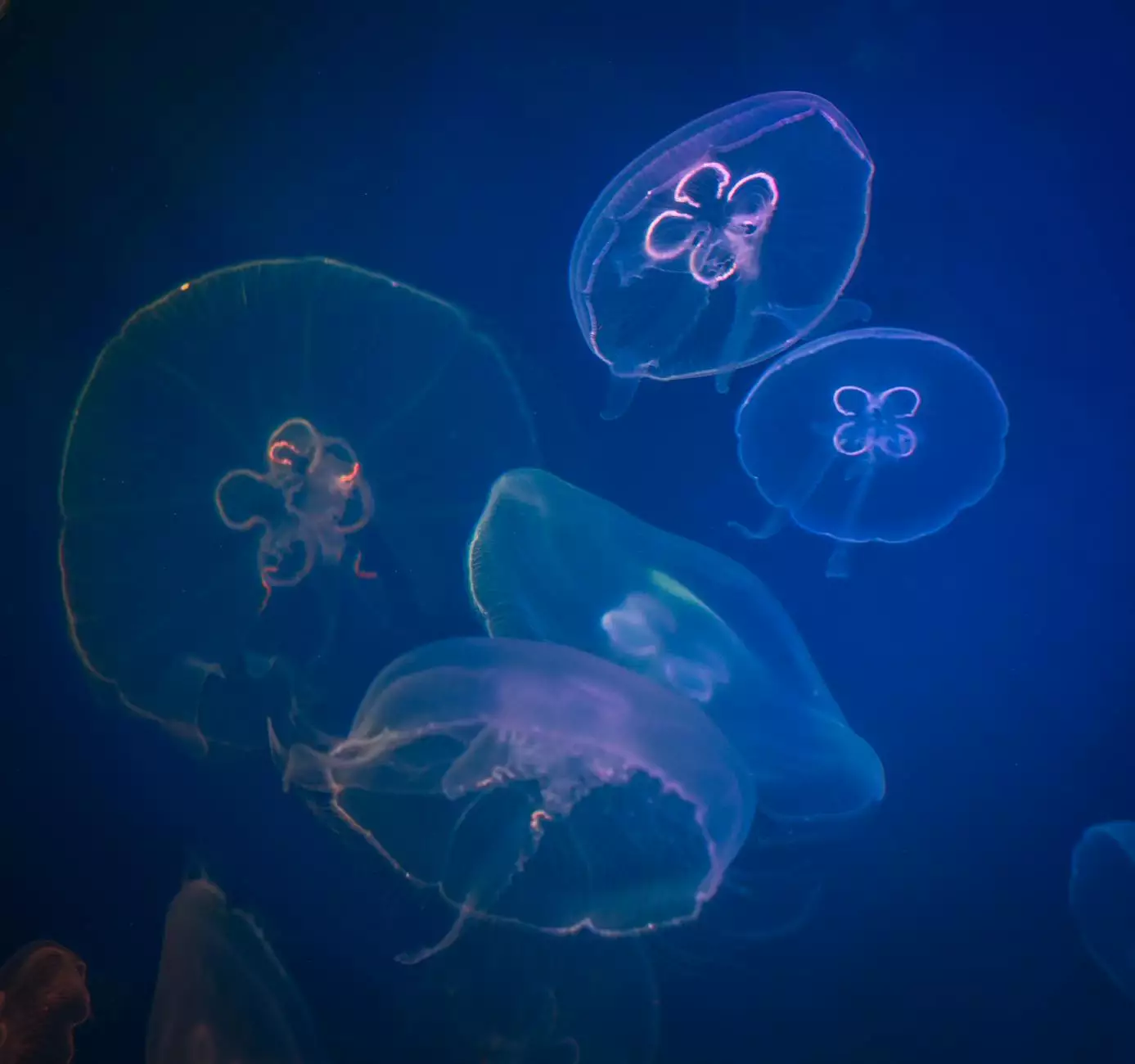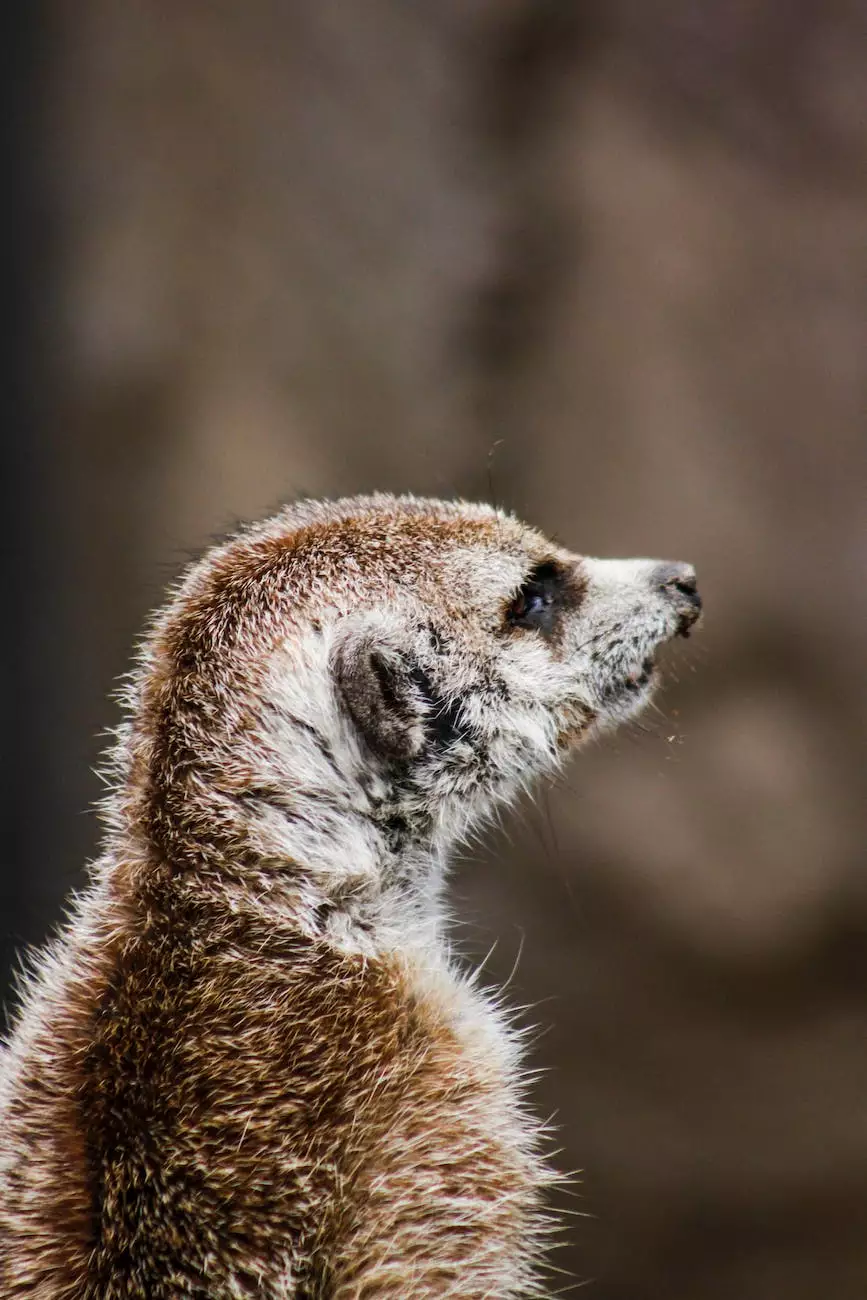Birds of the Everglades: Roseate Spoonbill

Overview
Welcome to Aventuras Naturales' Wild Florida Blog, where we delve into the incredible wildlife and natural wonders of the Sunshine State. In this article, we'll introduce you to one of the most fascinating bird species found in the Everglades - the majestic Roseate Spoonbill. Prepare to be amazed by this unique creature's vibrant appearance, remarkable behavior, and important role within the delicate Everglades ecosystem.
The Beautiful Roseate Spoonbill
The Roseate Spoonbill (Platalea ajaja) is a stunning wading bird that can be easily identified by its vibrant pink plumage and distinct spoon-shaped bill. These birds are native to the Americas and are particularly abundant in the wetlands of the southeastern United States, including the iconic Everglades.
Habitat and Range
Roseate Spoonbills prefer to inhabit shallow, freshwater wetlands, including marshes, ponds, and estuaries. They can also be spotted in coastal areas and saltwater lagoons. Within the Everglades, these majestic birds can be found in various regions, including the sawgrass prairies, mangroves, and cypress domes.
Distinctive Physical Features
One of the most striking features of the Roseate Spoonbill is its unique bill, which is shaped like a spoon. This specialized bill allows the bird to sweep it through shallow water, capturing small aquatic creatures such as fish, crustaceans, frogs, and insects. The bill's sensitive nerve endings enable the Spoonbill to detect prey hiding in the mud or shallow water, making it an effective forager.
In addition to their impressive bill, Roseate Spoonbills showcase a beautiful plumage that ranges from pale pink to vibrant rose. This coloration is caused by their diet, which primarily consists of small aquatic organisms rich in pigments, such as shrimp and other crustaceans. Their feathers can often appear iridescent, creating breathtaking reflections of light.
Behavior and Breeding
Roseate Spoonbills are social birds and often seen foraging in groups. They use their partially open bills to sweep through water in a side-to-side motion, filtering their prey from the mud or other debris. These birds are known for their graceful movements and characteristic feeding behavior.
During the breeding season, which typically occurs from late winter to early summer, Roseate Spoonbills gather in large colonies, often alongside other wading bird species. These nesting colonies are an impressive sight, with hundreds of Spoonbills constructing their nests in trees or shrubs above the waterline. Both male and female Spoonbills contribute to nest-building, collecting sticks, twigs, and other materials to create a sturdy structure for their eggs.
Female Spoonbills usually lay around 2 to 4 eggs, which they incubate for approximately 23 to 25 days. Once the chicks hatch, both parents play an active role in their care, bringing food and protection. Nesting colonies provide a fantastic opportunity for bird enthusiasts and photographers to witness the breeding and nesting behaviors of these magnificent birds.
Conservation and Ecological Importance
Although the Roseate Spoonbill population faced significant declines due to hunting for their feathers in the late 19th and early 20th centuries, conservation efforts and habitat protection have contributed to their recovery over the years. Today, they are recognized as a species of least concern by the International Union for Conservation of Nature (IUCN).
These striking birds play a crucial role in the fragile Everglades ecosystem and are considered indicators of wetland health. Their feeding habits help maintain the balance of the ecosystem, controlling populations of various aquatic organisms. Efforts to preserve their habitats, including freshwater wetlands and coastal areas, are vital for the well-being of not only the Roseate Spoonbill but also numerous other bird and wildlife species that depend on these habitats.
Observing the Roseate Spoonbill
If you are planning a trip to the Everglades, keep an eye out for the elegant Roseate Spoonbill. Many wildlife observation points and guided tours offer opportunities to observe these beautiful birds in their natural habitat. Remember to bring your camera, as capturing the grace and colors of the Spoonbill will undoubtedly be a highlight of your Everglades adventure.
Join Aventuras Naturales for More Wild Florida Adventures
Thank you for visiting Aventuras Naturales' Wild Florida Blog, where we celebrate the wonders of nature and share our passion for the Everglades and its incredible biodiversity. Stay tuned for more articles, photographs, and insights into Florida's wild side. Whether you're interested in birds, mammals, reptiles, or stunning landscapes, we have plenty more fascinating content coming your way!




